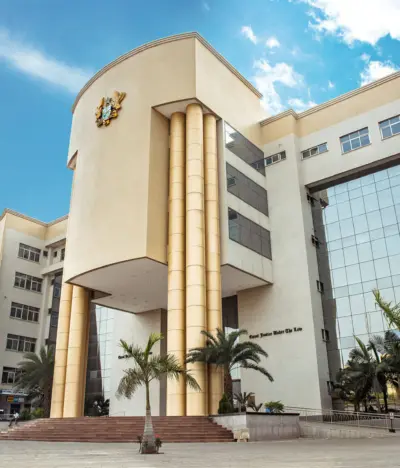The legal framework governing arrests in Ghana is a critical area where awareness can significantly impact individuals’ ability to protect their rights and navigate the legal system effectively. The Ghanaian legal system, underpinned by the 1992 Constitution and various Acts, provides specific guidelines and protections for individuals during an arrest. Understanding these provisions is crucial for every Ghanaian, ensuring that their rights are not infringed upon during encounters with law enforcement.
The Right Against Unlawful Arrest
Section 10 of Act 30, as amended by the Criminal Code (Amendment) Decree, 1975 (NRCD 235), outlines the conditions under which a police officer may arrest without a warrant. These include instances where a person commits an offence in the presence of an officer, obstructs an officer in duty, possesses items intended for unlawful entry, or is suspected of having stolen property. Notably, the law provides broader powers to police officers compared to private citizens, allowing for arrests without the offence being committed in their presence and without limitation on the offences for which the arrest can be made.
Protection Against Self-Incrimination
Moreover, Article 19 clause 10 of Ghana’s 1992 Constitution is a cornerstone in protecting individuals against self-incrimination. It stipulates that no person who is tried for a criminal offence shall be compelled to give evidence at their trial. This protection is a fundamental right that upholds the principle of “innocent until proven guilty.”
Dealing with Law Enforcement
When confronted by law enforcement, it is paramount for individuals to remember their rights and the proper procedures that officers must follow:
- Right to be Informed: Act 30 mandates that any person arrested must be informed immediately unless in flagrante delicto, in a language they understand, of the reasons for their arrest and their right to a lawyer of their choice.
- Timely Presentation Before a Court: If arrested, the individual must be brought before a court within 48 hours, ensuring that their liberty is not unduly infringed upon without judicial oversight.
- Legal Representation: Upon arrest, insisting on the presence of a lawyer before providing any statements is crucial. This right is a safeguard against self-incrimination and ensures that the individual’s legal rights are protected throughout the process.
Compensation for Unlawful Arrest
The Constitution provides remedies for individuals who are unlawfully arrested, including the right to compensation. This aspect underscores the importance of the legal system in rectifying wrongs and ensuring that individuals’ rights are respected.
Conclusion
It is essential to be informed about our rights and the legal procedures surrounding arrests. This knowledge not only empowers individuals but also fosters a more accountable law enforcement system.







